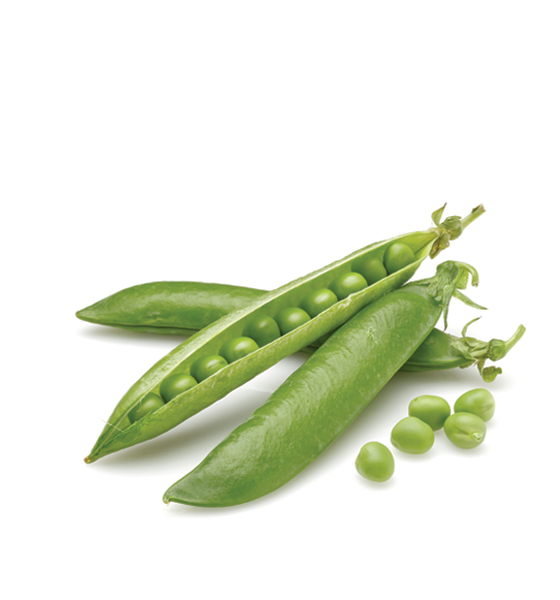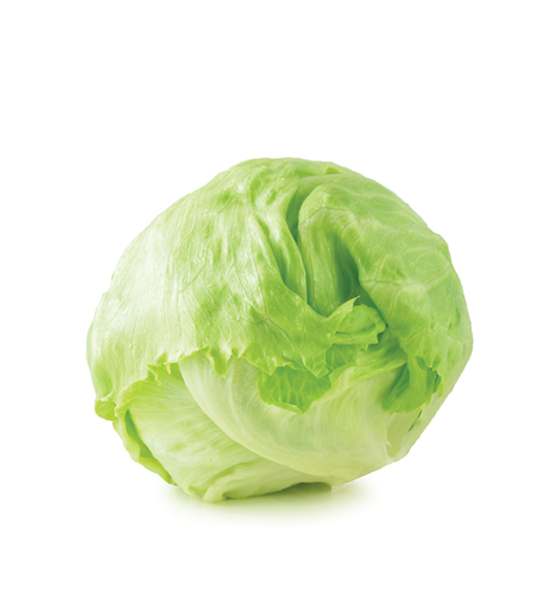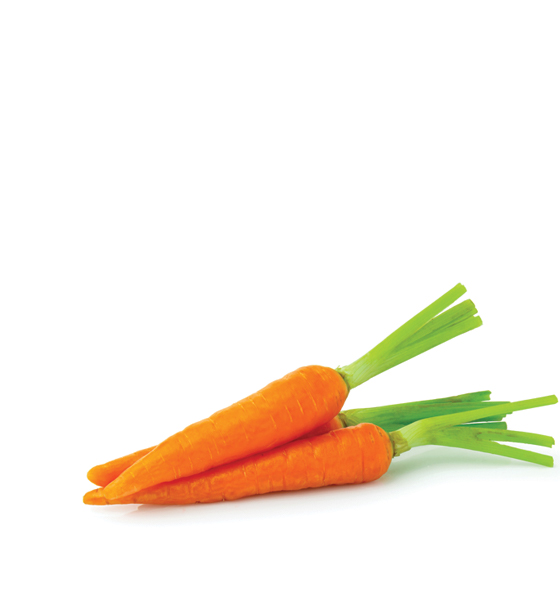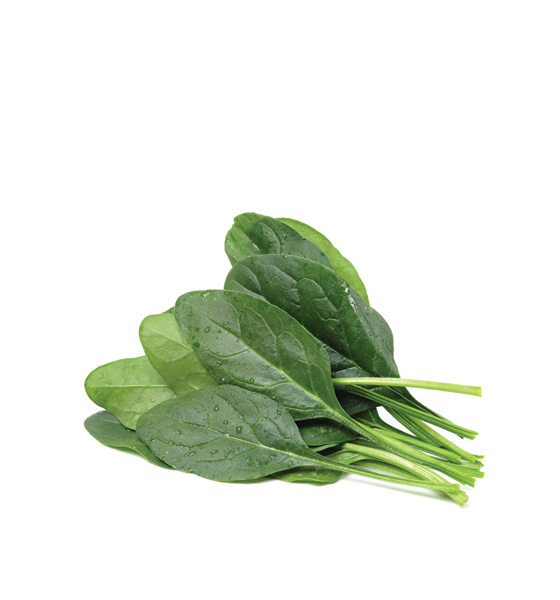PEAS
Peas belong to the legume food group and are known as a protein source. Legumes are defined as plants that produce pods containing beans and seeds. Besides being a protein source, peas are very beneficial for heart and gut health.
Field peas (Pisum Sativum), belonging to the legume family (Fabaceae), are a plant species whose fresh, green pods and seeds, or just the seeds, are consumed.
Peas, often marketed as an early spring vegetable, come in various types. Their flowers can be white or violet, and the plants can be dwarf, semi-tall, or tall.
Some varieties have seeds that can be eaten alone, while others have green pods that can be eaten along with the seeds. In Turkey, although not as much as other vegetables and beans, peas are grown in abundance.
FEATURES
Country: TURKEY
Size/Weight: (+) 200 grams
Packaging Weight: 03 | 05
Description
Peas, being a nutritious food due to their high fiber content and protein, increase the levels of hormones that reduce appetite in the body. Protein works together with fiber to enhance the feeling of fullness. Consuming the right amount of protein and fiber can help control appetite and reduce calorie intake. Additionally, protein consumption is crucial for improving muscle strength and bone health. Peas contain heart-friendly minerals such as magnesium, potassium, and calcium, and may include plant nutrients like carotenoids and flavonols that protect the heart. Peas also help manage cholesterol levels, especially LDL cholesterol (bad cholesterol).
Consuming peas prevents rapid spikes in blood sugar levels after meals, helping to keep diabetes under control. The low glycemic index (GI) rating of green peas makes them a diabetic-friendly food as they are less likely to raise blood sugar levels. Peas provide vitamins K, A, and C, as well as magnesium and B vitamins.









